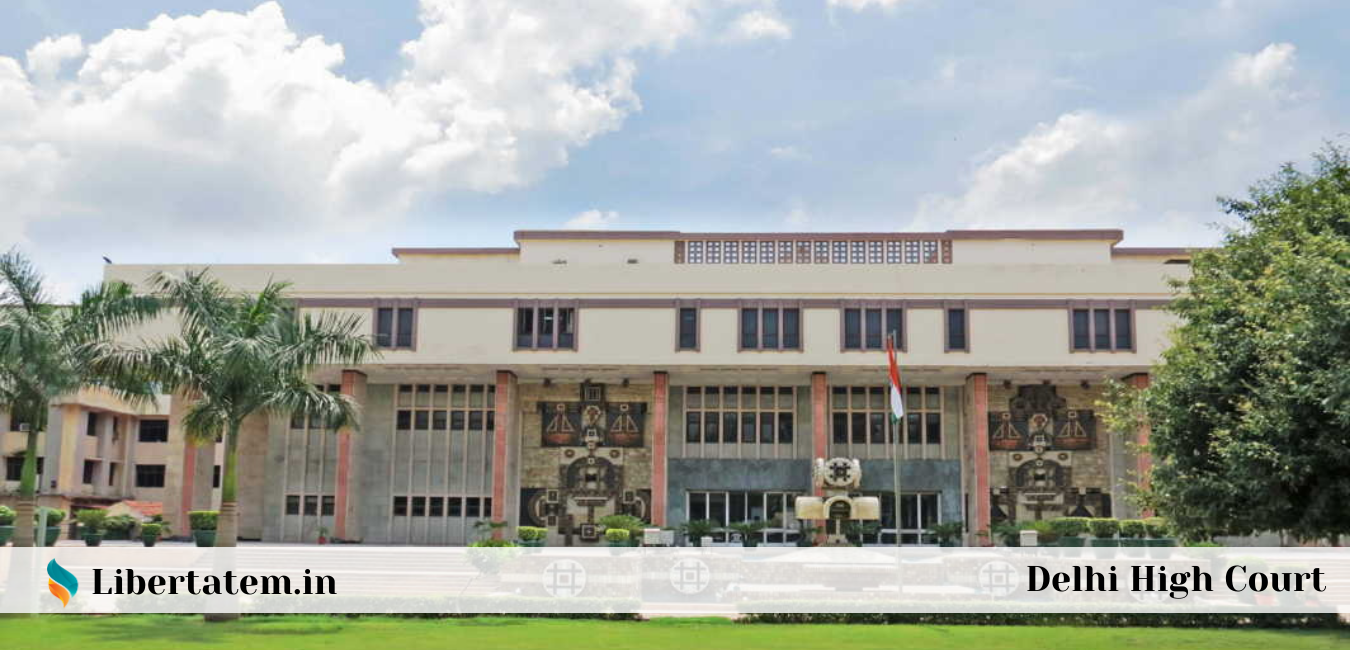The Plaintiff in this case had been affixed Court-fees of Rs. 1,950/- after which she this suit to challenge the original intent of the Court fee Act. The Act is to recoup the costs for administration of justice when the present inflow of the Court-fees exceeds the amount spent by the state. The Court has no moral or legal right to charge the fees at the beginning of the suit.

Facts of the Case
The plaintiffs filed the suit under Section 91 of the CPC read with Order XXVII-A and Order I Rule 8 of the Code of Civil Procedure, on 28th May 2021. The Registry objected to the maintainability of the suit. The plaintiffs asked the registry to list the suit with defects but did not explain the maintainability of the suit. On 31st May 2021, the plaintiffs filed two applications to seek to leave to institute this suit. The plaintiffs set up a new plea stating that because EMF radiation caused by cellular telecommunication technology has suffered special damages.
Statements of the counsel
Arguments by the Plaintiff
The counsel for the plaintiffs requested time till 26th May 2021, to pay the Court-fees under Section 149 r/w Section 148 of CPC because of COVID-19 constraints and Plaintiff No. 1’s visit to South Africa. The counsel further submits that this issue shall be a landmark judgment by this Court as in this case the Court-fees is to be paid only on the value of the relief claimed and not on the valuation of the suit for pecuniary jurisdiction.
Adding further, he stated that Section 80(2) empowers the Court to waive the requirement of prior notice on State Defendants or prior 60 days’ wait and thus, should not grant relief in the suit.
The counsel further submitted that Section 91(1)(b) of the CPC has been invoked against the “wrongful acts” of the defendants. The plaintiff did not study the health hazards of 5G before implementing. The plaintiff has the statutory right as the “precautionary principle” stands embedded within Article 21 of the Constitution of India.
Arguments by the Defendant
The counsel for the defendant submitted that the plaintiffs have valued the suit for pecuniary jurisdiction at Rs. 2 Crore so it has to be the same as Court-fees. Thus, the plaintiffs must pay Court-fees of Rs.1,97,544/-. Although Section 149 of CPC provides provisions to extend the time to pay the deficient Court-fees. However, the challenge of the validity of the Court-fees Act is not permissible under Section 149 of the CPC.
The counsel stated that notice under Section 80(1) of the CPC is mandatory before the institution of the suit. The object of the notice is to provide an opportunity to the Government to reconsider the matter and make amendments to avoid unnecessary litigation.
He further added that under Section 91(1)(b) of the CPC grant for leave to institute the suit can not be made. Also to maintain the suit without the leave or to sue in representative interest under Order I Rule 8 of the CPC, is not maintainable
Observations of the Court
The Hon’ble Justice Rajiv Sahai Endlaw in one of the cases observed that “This is a classic textbook case of, how not to draft a plaint, which should be taught in law colleges and to young lawyers so that such bloopers in drafting of pleadings, damaging to one’s client, are avoided”.
The Court made observations that the plaintiffs have not valued the suit for Court-fees. They neither gave the mandatory notice under Section 80(1) of the CPC nor they applied to seek the leave of this Court to institute this suit.
The Court observed that the plaintiffs have no personal knowledge of any averments made in the plaint and thus, the suit based upon information and legal advice is not maintainable. It appeared to the court that the plaintiffs had filed this suit to gain publicity. Plaintiff No.1 circulated the video conferencing link of this Court on her social media accounts, and as a result there was repeated disruption of the Court proceedings.
Court’s Decision
The Court allowed the plaintiffs to deposit the deficit Court-fees of Rs.1,95,594/- within one week and dismissed the suit. The Court believed that the plaintiffs have abused and misused the process of law and have wasted the judicial time. So, the court directed the plaintiffs to deposit the cost of Rs. 20 lakhs within one week, with Delhi State Legal Services Authority (DSLSA).
Click here to view the judgment
Libertatem.in is now on Telegram. Follow us for regular legal updates and judgment from courts. Follow us on Google News, Instagram, LinkedIn, Facebook & Twitter. You can subscribe to our Weekly Email Updates. You can also contribute stories like this and help us spread awareness for a better society. Submit Your Post Now.

